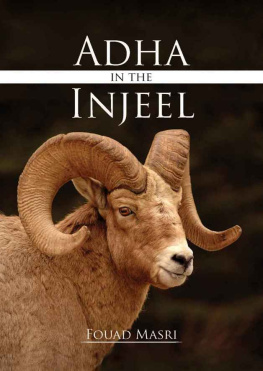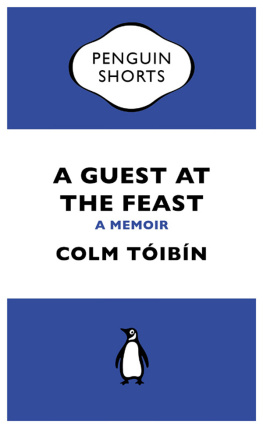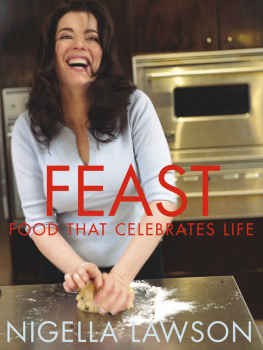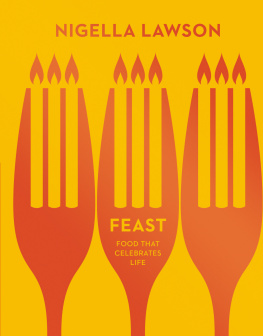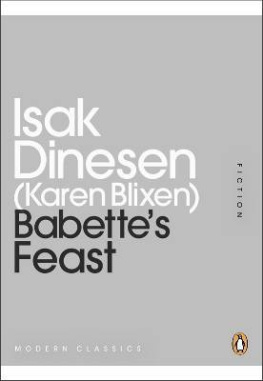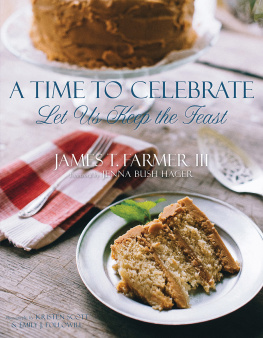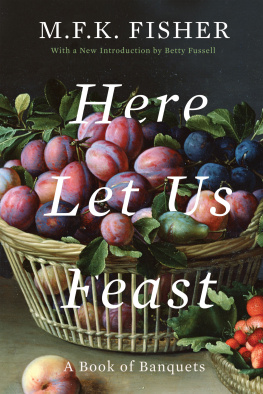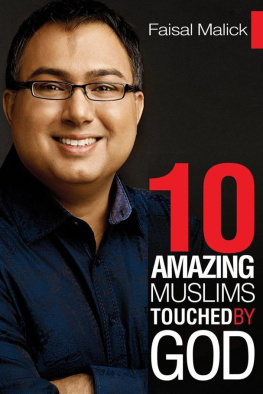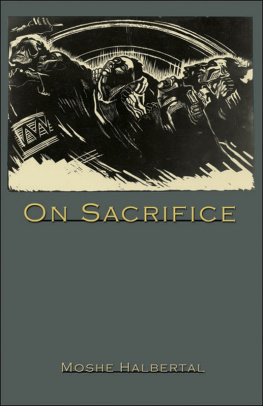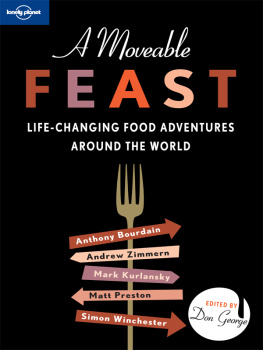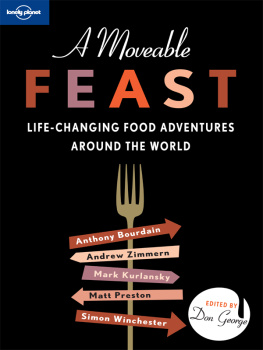
2004, Crescent Project. All rights reserved. No part of this booklet may be reproduced, stored in retrieval system, or transmitted in any form or by any means without prior permission in writing from the publisher.
Printed in the United States of America
M uslims around the world annually celebrate the feast of Al-Adha. This feast takes place on the tenth of Dhul-Hijat, a month of the Muslim lunar calendar.
The root word for Adha is the Arabic word Dahiya, which means sacrifice. The Al-Adha feast is also known as the Feast of Sacrifice or the Great Feast, Id Al-Kabir. In the Turkic world Adha Feast is known as Qurbani.
At the Al-Adha feast, many Muslims sacrifice a sheep or a ram to commemorate the holy event when God redeemed the son of Abraham. This incident is recorded in the Quran in Surat Al-Saffat (37):99-111.
The Jewish religion also believes in this same holy event when God redeemed the son of Abraham with a ram. When Abraham was about to sacrifice his son, the angel of the Lord stopped him. Abraham looked, and saw a ram caught in the thicket by its horns. He took the ram and sacrificed it as a burnt offering. The full record of this event is found in the Tawrat, the Book of Genesis 22:1-19.
Although the Jewish religion does not commemorate this specific event with a feast, the same idea and meaning are included in the Passover that was given to them by the Prophet Moses. Jews celebrate the Passover to commemorate the night that God spared the Jewish firstborn from being slain in Egypt. The angel of death passed over the houses of those who put the blood of a slaughtered sheep at their doorposts, without harming their firstborn. The Passover is recorded in the Tawrat, the book of Exodus 12:1-14.
But where is the Christian Adha?
Since Christians believe in both the Passover and the Adha events, why dont they celebrate them? Is there a Christian Passover too? To answer these questions, we need to look in the Injeel (the New Testament) and examine its teachings on the character of God and His plan for mankind.

God is the creator of the universe and seeks fellowship with his creation. Gods joy and pleasure is to communicate with humans, the highest of creation, bestowed with both a mind and a will.
The Injeel says:
God is love. Whoever lives in love lives in God, and God in him.
I John 4:16
I (Jesus) have come that they may have life, and have it to the full.
John 10:10
Since God seeks fellowship with humans, why is our world so far from God? Why do people feel separated from God? It seems as if a great gulf separates us from enjoying God and his love.

God is Holy and righteous and humans are sinful. Everywhere we turn we see the sinfulness of humans. Their actions are symptoms of the real disease of Sin. Sin is rebellion against God.
All humans have sinned. Sin is choosing our way instead of Gods way. All humans fall short of perfectly obeying Gods standard and law. Since the days of Adam, all people have chosen to go their own way rather than to obey God. This disobedience is what the Injeel calls sin.
We have all sinned against God Almighty and cannot remove our guilt. A righteous God is holy and cannot fellowship with sinful people.
The Injeel affirms that all have sinned against a holy God:
There is no one righteous, not even one; there is none who understands, no one who seeks God. All have turned away, they have together become worthless; there is no one who does good, not even one.
Romans 3:10-12
For all have sinned and fall short of the glory of God.
Romans 3:23


The Injeel continues to explain that Sin is what separates us from our loving and holy God. Gods holiness condemns sin. The very righteous character of God cannot accept Sin. Therefore God and humans have been separated by a great gulf, which is Sin.
This separation from God results in spiritual death. The Injeel says:
For the wages of sin is death.
Romans 6:23
The wages of sin is death, yet no sinner can die to redeem someone else. This made a great gulf between the Holy God and sinful men and women.
Humans need God like a light bulb needs electricity. A light bulb without electricity is dead, lifeless and aimless. Sin has separated humans from God and made us spiritually dead, lifeless and aimless.
Gods justice compels Him to punish and destroy sin. We have sinned against God Almighty, and the penalty is death. God cannot forgive a sinful person until that sinful persons debt is paid. Mere good works such as fasting or giving alms to the poor cannot pay the debt by earning Gods favor. Even the most noble acts fall short of Gods perfect holiness and justice. Our best is not good enough to please a perfect God, which means every single personeven the best of ushas sinned and must be punished.
A criminal cannot redeem another criminal; simply put, all humans have sinned and fallen short of Gods law. Gods holiness and justice do not allow forgiveness without payment of this huge debt. We have chosen our own way and broke Gods commandment, so we must pay the penalty. The penalty is separation from God.

Gods mercy sought to provide an answer to this problem. God wants to fellowship with us, his creation, but sin has created a gulf between him and us. Only a righteous person can cross over the gulf to God. However, we have already established that everyone has sinned and fallen short!
Everyone, that is, except Jesus Christ. The Injeel teaches that Jesus Christ is the only bridge between a Holy God and Sinful humans. Why Jesus and not anyone else?
Miraculous Birth
The Injeel teaches that Jesus Christ was not the son of a human father, but was conceived in the power of the Holy Spirit in the womb of the Virgin Mary. He was the only person to be born of a virgin. Jesus Christs birth was not a result of the will of man, but the will of God.
Jesus Christ is unique in his miraculous birth. No prophet or leader has been born from a virgin. All prophets claimed that they were just humans, while Jesus Christ claimed that he was the Word of God, Kalimat Allah. Gods power is responsible for this miracle.
But the angel said to her, Do not be afraid, Mary, you have found favor with God. You will be with child and give birth to a son, and you are to give him the name Jesus. He will be great and will be called the Son of the Most High. The Lord God will give him the throne of his father David, and he will reign over the house of Jacob forever; his kingdom will never end. How will this be, Mary asked the angel, since I am a virgin? The angel answered, The Holy Spirit will come upon you and the power of the Most High will overshadow you. So the holy one to be born will be called the Son of God. Even Elizabeth your relative is going to have a child in her old age, and she who was said to be barren is in her sixth month. For nothing is impossible with God.
Next page
